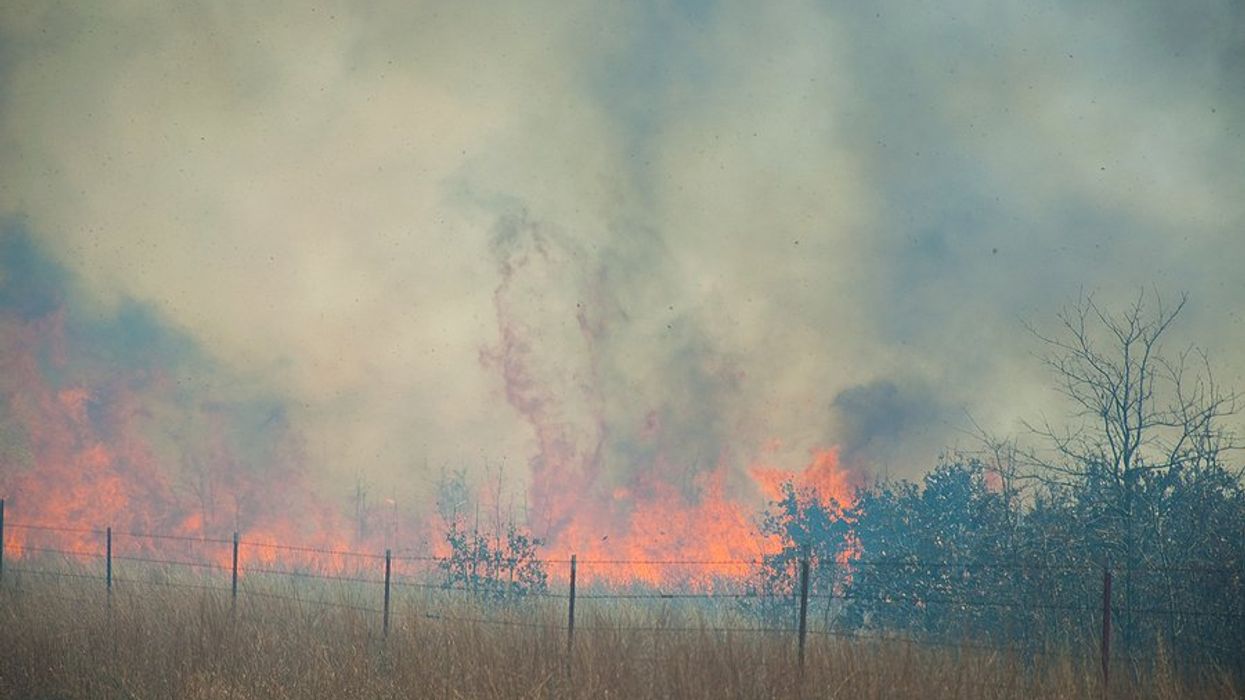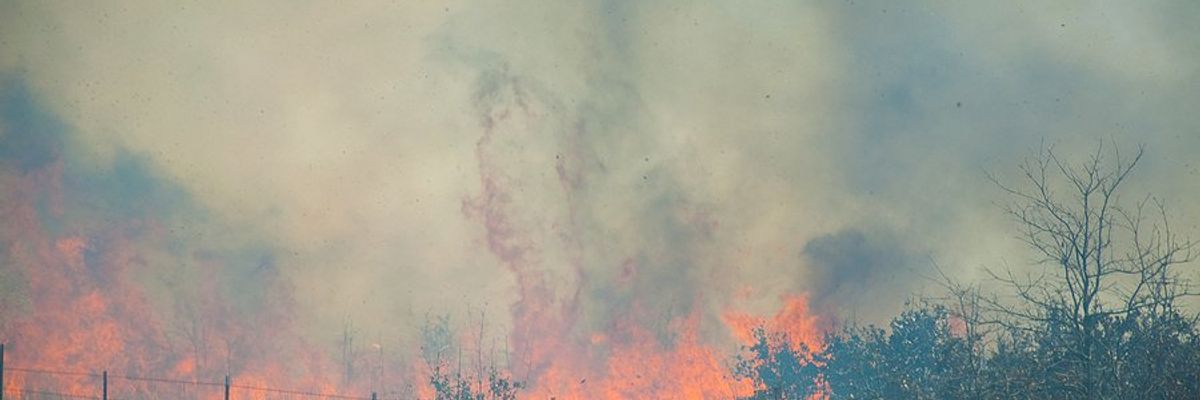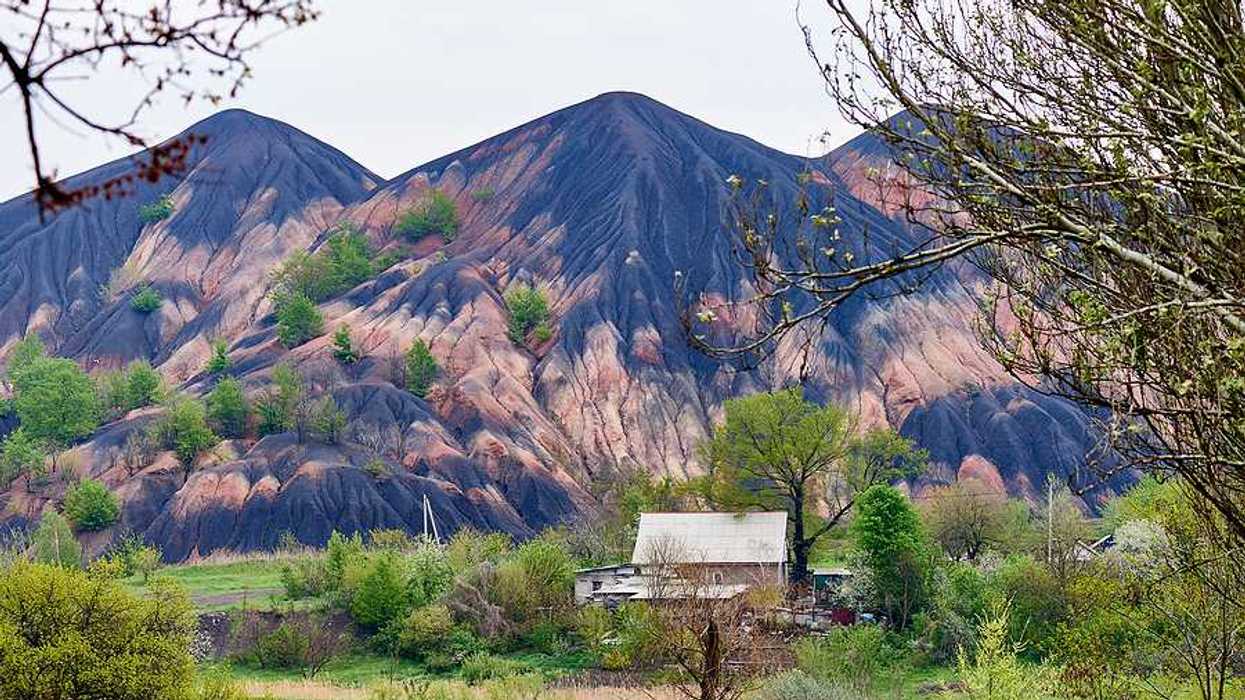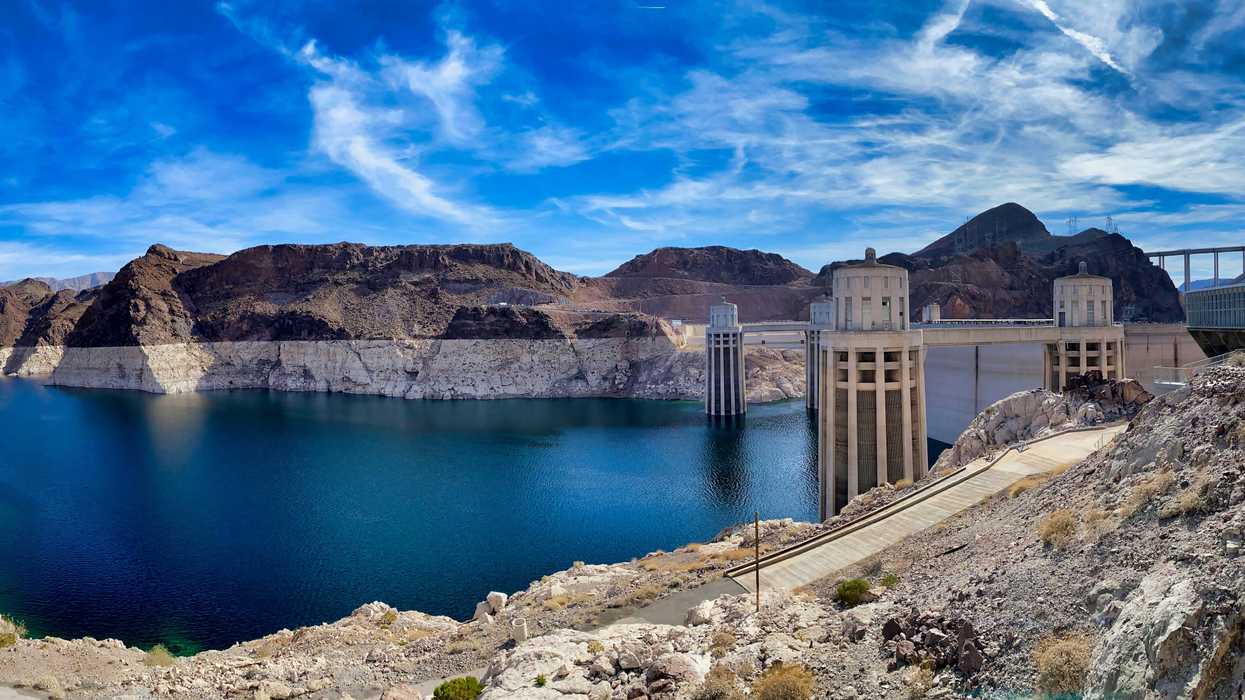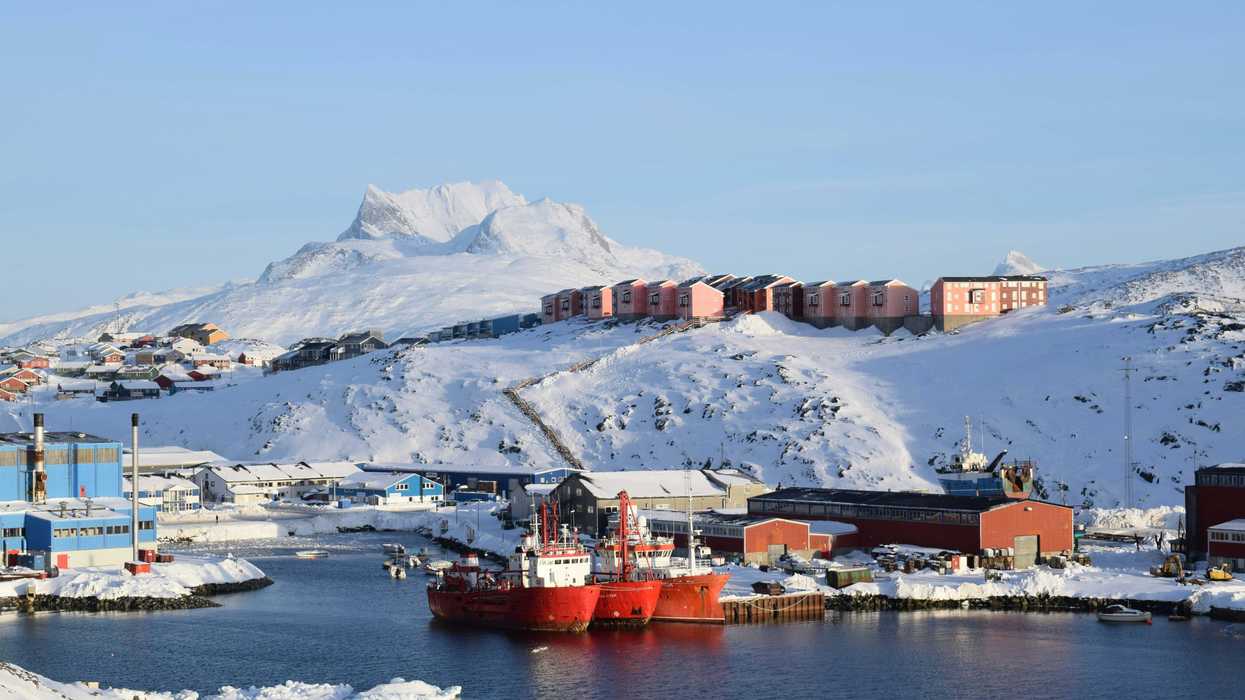Wildfires have burned more than a million hectares across the European Union in 2025, making it the most destructive year since records began.
Ajit Niranjan reports for The Guardian.
In short:
- The European Forest Fire Information System recorded more than one million hectares burned so far in 2025, surpassing the previous record set in 2017, with fire season still ongoing.
- Fires have released 37 million tons of carbon dioxide — roughly equal to Portugal’s annual emissions — and broken records for nine other air pollutants, including dangerous PM2.5 particles.
- A combination of fossil fuel-driven heatwaves, rapid spring vegetation growth, and unstable weather has fueled massive firestorms across southern Europe, with air pollution spreading as far as France.
Key quote:
“This is a new reality. And the sooner we realise it, and take action to be more resilient to these types of wildfires, the better.”
— Cristina Santín Nuño, fire scientist at the Spanish National Research Council
Why this matters:
The wildfire crisis gripping Europe is a warning about the continent’s growing vulnerability to climate-fueled disasters. Fires are spreading faster, burning hotter, and blanketing entire regions in toxic air. PM2.5 pollution, a key byproduct, is linked to heart attacks, strokes, respiratory disease, and premature death. Recent research suggests that wildfire smoke contributed to over 100,000 deaths annually in Europe alone during the first two decades of the century. With warmer, drier conditions stretching fire seasons longer each year, ecosystems, public health systems, and economies face mounting pressure. These fires also pump out massive quantities of carbon dioxide, worsening the very problem — climate change — that helps drive them.
Related: Extreme heat and wildfires surge across southern Europe as temperatures break records

